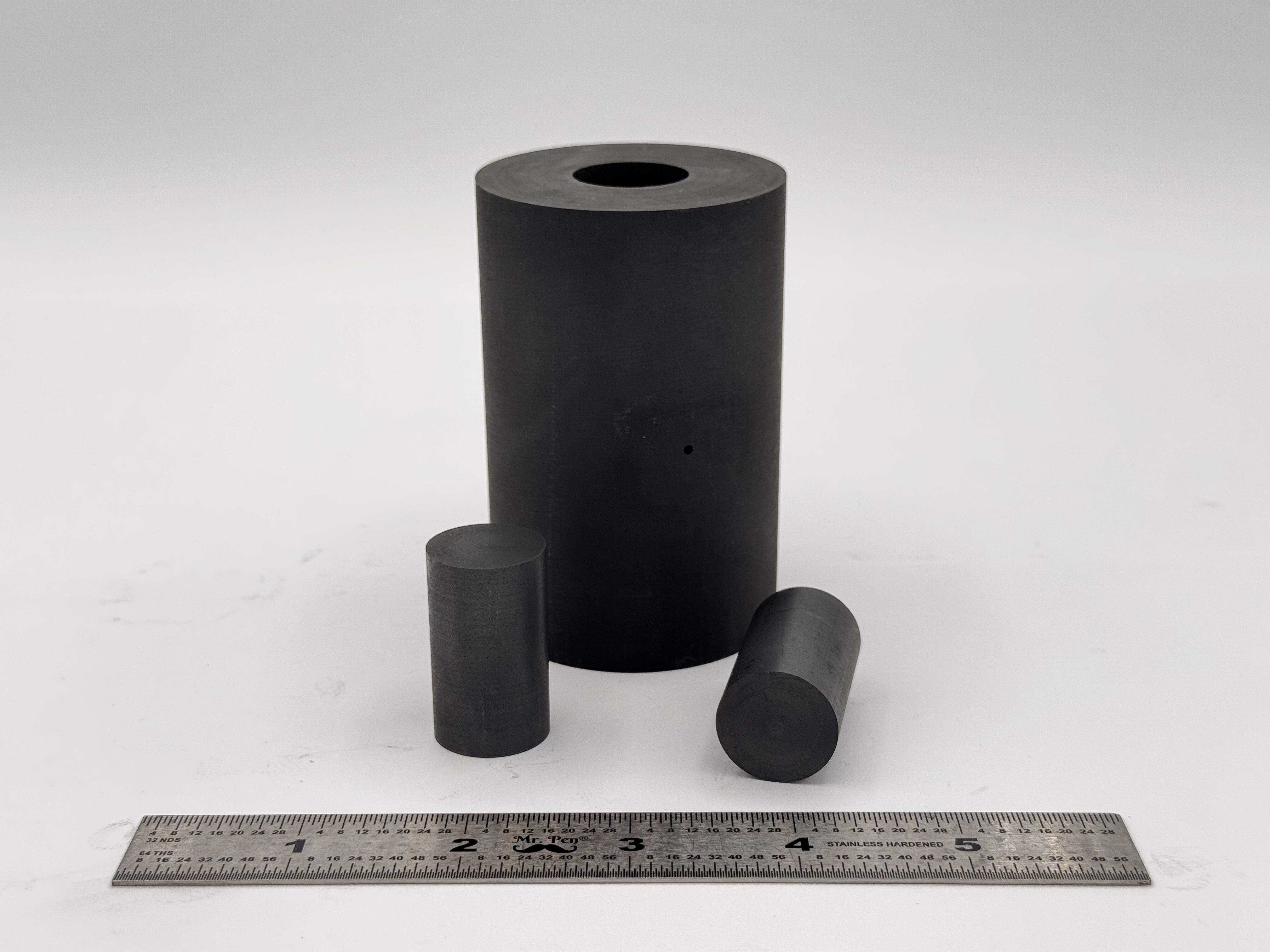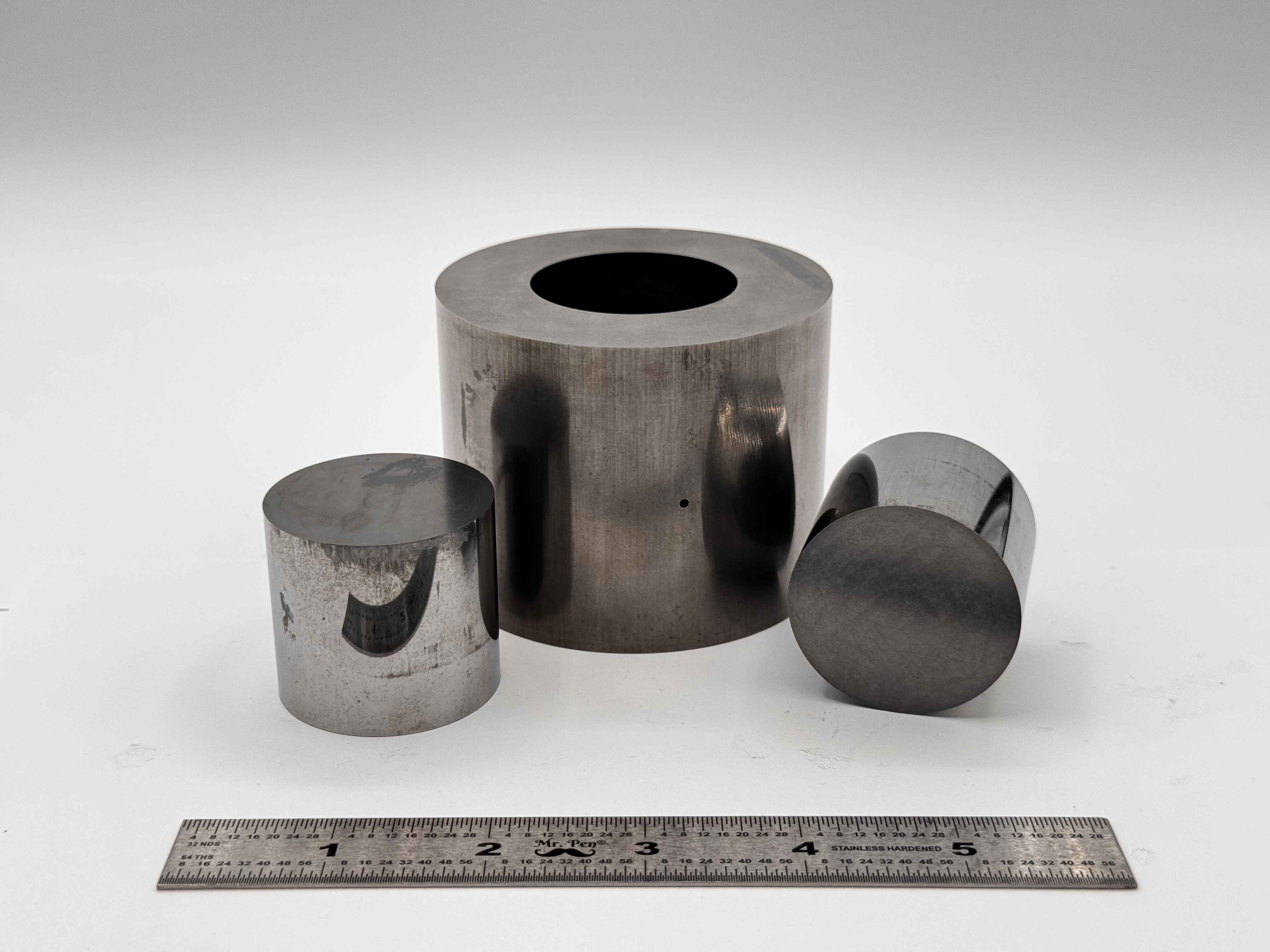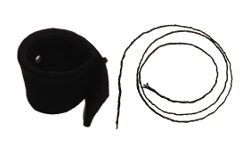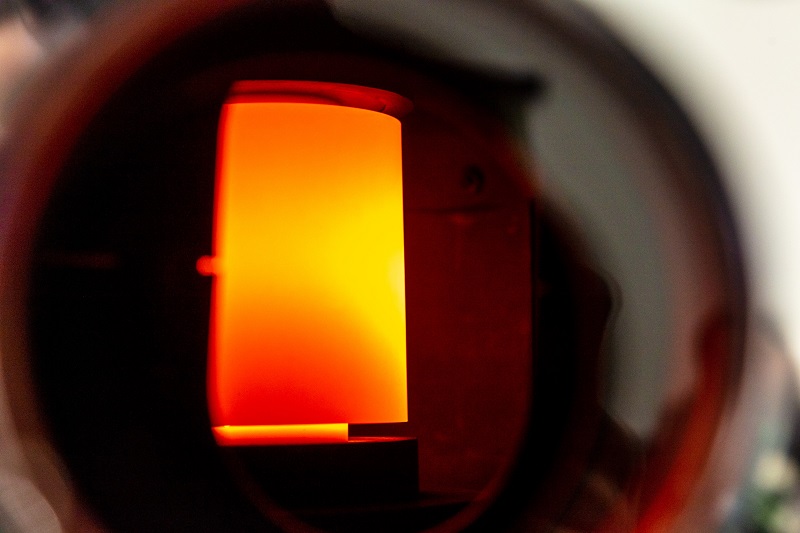Unlocking Advanced Manufacturing: The Power of Field Assisted Sintering Services
In the world of material science and advanced manufacturing, innovation often hinges on the ability to transform raw materials into high-performance components with speed, precision, and reliability. Reshaping the landscape is Field Assisted Sintering Technology (FAST), also commonly referred to as Spark Plasma Sintering (SPS). Field Assisted Sintering Services leverage this cutting-edge method to unlock a new level of material capabilities across industries ranging from aerospace to biomedical.
What Is Field Assisted Sintering?
Field Assisted Sintering is an advanced form of powder metallurgy designed to densify powdered materials using a combination of electrical current and mechanical pressure. This dual-force technique enables exceptionally rapid heating and consolidation, drastically reducing processing times compared to traditional sintering methods.
At its core, the process involves placing a powdered material—such as a metal, ceramic, or composite—into a conductive die, typically made of graphite. An electric current is then passed through the die and, in many cases, directly through the powder itself. Simultaneously, mechanical pressure is applied. This results in rapid Joule heating, allowing the material to sinter in minutes rather than hours.
The Process in Detail
- Powder Preparation: The desired material is prepared in powder form, with careful control over grain size and composition.
- Die Loading: The powder is placed into a graphite die, often under vacuum or inert gas to prevent oxidation.
- Electric Current Application: A pulsed or continuous direct current flows through the die, generating internal heat.
- Pressure Application: High uniaxial pressure aids in compacting the material while enhancing grain boundary formation.
- Rapid Sintering: The material reaches sintering temperatures at rates as high as 1000°C per minute, resulting in a dense, uniform final product.
Versatility Across Materials
One of the most significant advantages of FAST services is their broad material compatibility. The technology supports the processing of:
- Metals such as titanium, molybdenum, and tungsten
- Ceramics including alumina, zirconia, and silicon carbide
- Metal- and ceramic-matrix composites
- Nanomaterials, which benefit from controlled grain growth
- Functionally Graded Materials (FGMs) with variable properties across their volume
This versatility makes the technology suitable for a wide array of applications and allows for the fabrication of components that are otherwise difficult or impossible to produce with conventional sintering.
Industry Applications
Field Assisted Sintering Services have become indispensable in several high-performance and research-driven industries:
- Aerospace: Fabrication of turbine components and wear-resistant coatings that withstand extreme temperatures and stress
- Automotive: Lightweight, durable parts that improve fuel efficiency and performance
- Medical: Bioinert implants and dental materials with exceptional density and biocompatibility
- Electronics: Creation of thermoelectric devices and other components requiring precise microstructures
- Research and Prototyping: Ideal for developing new materials and validating innovative designs in academic or industrial R&D settings
Key Advantages of FAST
The advantages of Field Assisted Sintering extend far beyond speed. They include:
- Drastically reduced processing time compared to conventional sintering methods
- Lower sintering temperatures, reducing thermal stress and energy usage
- Superior microstructure control, preserving nanostructures and preventing grain growth
- High final density, resulting in improved mechanical and thermal properties
- Cost efficiency for small batch and high-performance part production
These benefits position FAST services as a game-changing technology for industries that demand precision, durability, and efficiency.
A Future Shaped by Innovation
As manufacturers and researchers continue to push the boundaries of what materials can achieve, Field Assisted Sintering Services stand at the forefront of innovation. By enabling faster processing, better material properties, and greater design freedom, this technology is not just an incremental improvement—it’s a transformative force for the future of fabrication.
For businesses and research institutions seeking to explore new possibilities in material performance and manufacturing speed, FAST services offer a compelling solution. Whether it's building the next generation of aerospace parts or developing breakthrough medical devices, the power of field assisted sintering is ready to deliver.
 High Strength SPS Graphite Tooling
High Strength SPS Graphite Tooling Tungsten Carbide Tooling
Tungsten Carbide Tooling Carbon Graphite Foil / Paper
Carbon Graphite Foil / Paper Carbon Felt and Yarn
Carbon Felt and Yarn Spark Plasma Sintering Systems
Spark Plasma Sintering Systems SPS/FAST Modeling Software
SPS/FAST Modeling Software